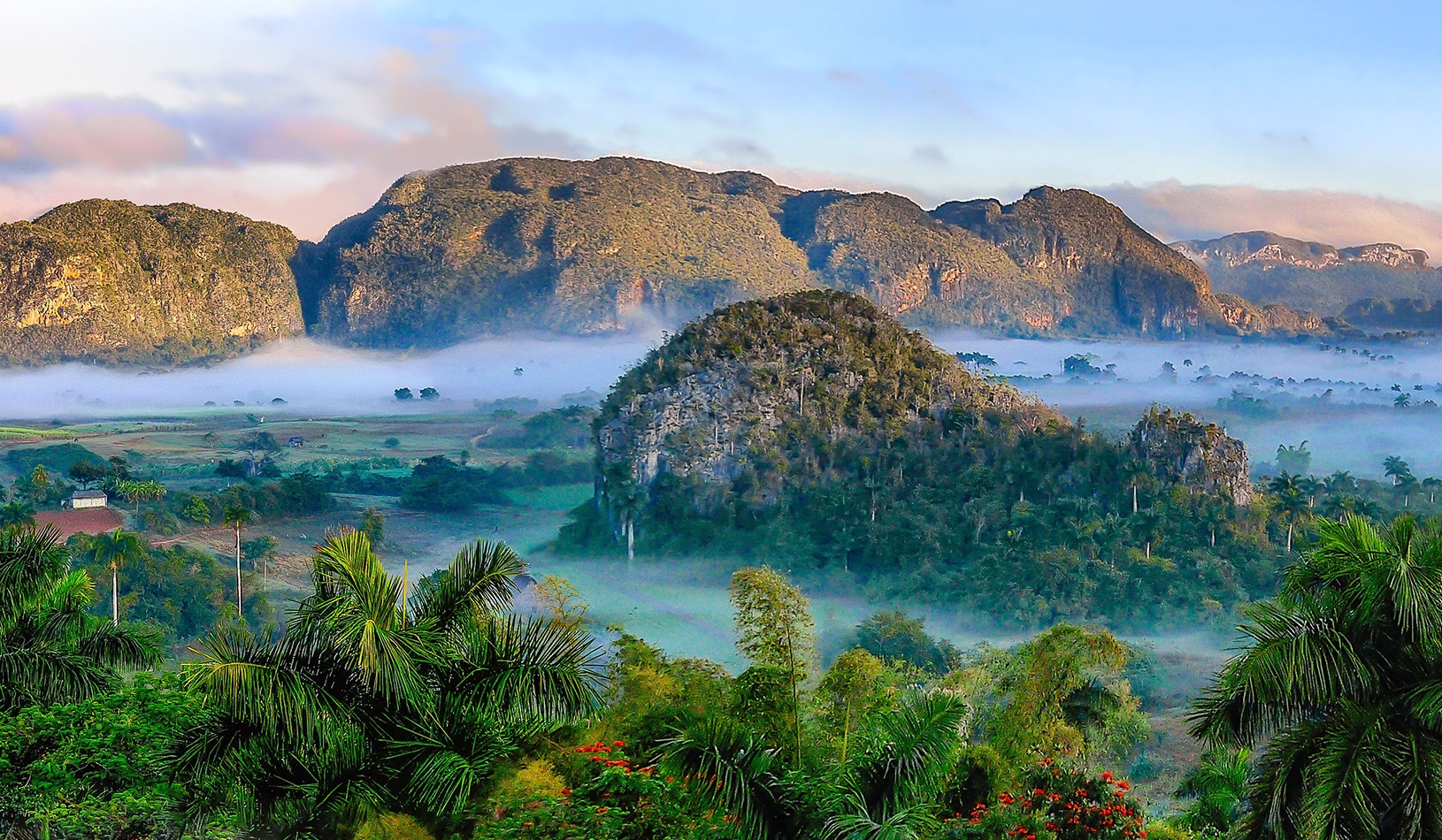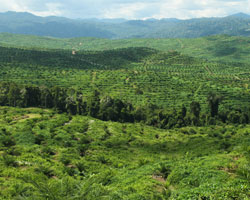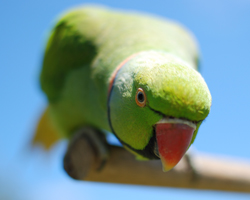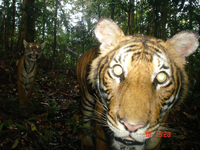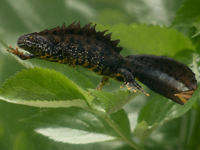Research within the conservation biology theme is broadly centred on using ecological approaches to understand and maintain biodiversity and ecosystem service provision.
The main tenet that underpins our work is that it is genuinely applied, with the explicit aim of either improving conservation practice (both in-situ and ex-situ) or informing policy development, both nationally and internationally. To achieve this, we collaborate closely with individuals and organisations including government agencies, not-for-profits, private landowners and corporations from around the world, in addition to more traditional partnerships with academics at other universities and research institutes.
The scope of work conducted in the conservation biology theme is diverse, spanning multiple levels of biological organisation, from molecular/evolutionary genetics through to ecosystems, and a wide array of taxonomic groups (e.g. mammals, birds, reptiles, amphibians, butterflies, orchids). Primarily, there are four key accordant areas of expertise. The first is spatial/landscape conservation and ecology, with particular emphasis on protected area network design via systematic conservation planning techniques, as well as the use of novel methods to explore the impacts of environmental change (e.g. habitat fragmentation and degradation, climate warming, urbanisation) on populations and assemblages. The second focuses on analysing extinction risk across a continuum ranging from individual species up to global macroecological patterns. Third, much of the long-standing research in DICE is concentrated on monitoring population dynamics and examining trends in the genetic diversity of threatened species, contributing directly to the success of a whole host of conservation programmes over the years. Finally, we study human-wildlife conflict/interactions (e.g. resource competition, disease transmission, development mitigation, wildlife gardening) from a natural sciences perspective, complementing concurrent social science research or contributing to knowledge within an interdisciplinary framework.
The conservation biology research area is linked to the Durrell Institute of Conservation and Ecology and the Living Primates Research Group.
